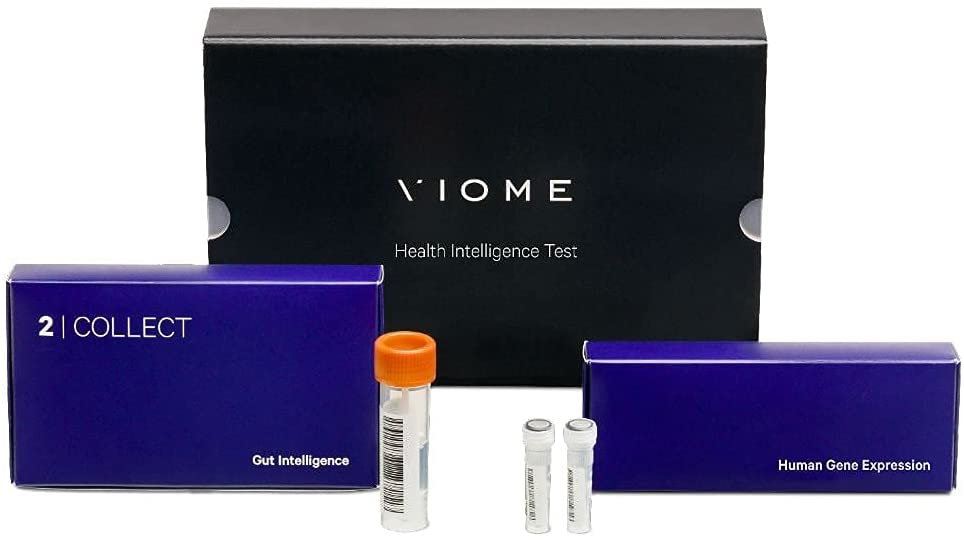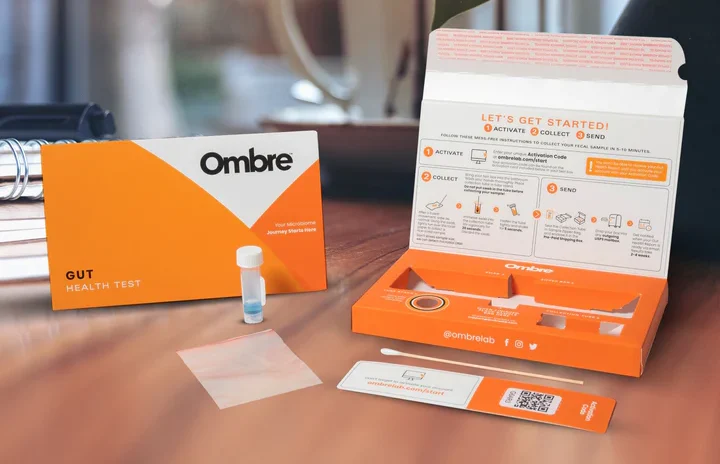South Carolina Gut Health Tests
No matter where you live, prioritizing your gut health is essential.
With at-home options, there’s no need to leave home to get a gut health test.
Here are the top gut health tests in South Carolina you can get delivered to your home:
Viome Gut Intelligence Test
- At home test
- High-level functional report with 20+ supporting scores
- Food and diet recommendations
- Personalized pre- & probiotic recommendations
- 2-3 week turnaround for digital results
Exceptional 9.7
Take Our Free Gut Health Quiz!
There are in-person gut health test options available in South Carolina.
Here are locations that may offer in-person gut health tests:
Clinical Dietitian and Nutrition Consultants- (864) 313-3281
30 Roper Corners Cir. Suite C Greenville, South Carolina 29615
Abigail King Functional Nutrition, LLC- (585) 734-3788
825 Fred St. Charleston, South Carolina 29412
Gastroenterology Associates – Spartanburg- (864) 232-7338
225 E Blackstock Rd. Spartanburg, South Carolina 29301
More About Gut Health Tests
Gut health tests are vital in diagnosing and treating digestive disorders, which are common in South Carolina. Gastrointestinal (GI) disorders such as irritable bowel syndrome (IBS), inflammatory bowel disease (IBD), and colon cancer are prevalent in the state. Gut health tests can help identify the underlying causes of these disorders, allowing individuals to receive appropriate treatment and improve their overall health.
There are different types of gut health tests available in South Carolina, including stool tests, blood tests, and endoscopic procedures. These tests can help identify infections, parasites, inflammation, and other issues in the digestive tract. The choice of test depends on the symptoms and the underlying condition being investigated.
One of the main advantages of gut health tests is that they can help diagnose the root cause of digestive symptoms. Many GI disorders have similar symptoms, such as abdominal pain, bloating, diarrhea, constipation, and nausea. Without proper testing, it can be challenging to determine the cause of these symptoms. Gut health tests can help identify the underlying cause of these symptoms, allowing for more targeted and effective treatment.
Gut health tests can also help prevent the development of more serious conditions. For example, individuals with a family history of colon cancer or other GI disorders may be advised to undergo regular colonoscopies to detect abnormalities early on. Early detection can significantly improve the chances of successful treatment and prevent the development of more serious complications.
In addition to identifying the cause of digestive symptoms and preventing serious conditions, gut health tests can also help monitor gut health over time. For example, individuals with chronic GI disorders may need to undergo regular blood tests, stool tests, or endoscopic procedures to monitor their symptoms and ensure that their treatment is effective. This can help prevent flare-ups and improve the overall quality of life.
Furthermore, gut health tests can provide valuable information for individuals looking to improve their overall health. The gut microbiome, which consists of trillions of microorganisms, plays a crucial role in digestion, immunity, and overall health. Gut health tests can provide insights into the diversity and composition of an individual’s gut microbiome, which can help identify dietary and lifestyle changes that promote gut health and prevent the development of GI disorders.
In conclusion, gut health tests are essential in diagnosing and treating digestive disorders in South Carolina. With the prevalence of GI disorders in the state, individuals should take a proactive approach to their gut health by undergoing regular tests and monitoring their symptoms. By doing so, they can identify and address digestive issues early on, prevent the development of more serious conditions, and improve their overall quality of life.







